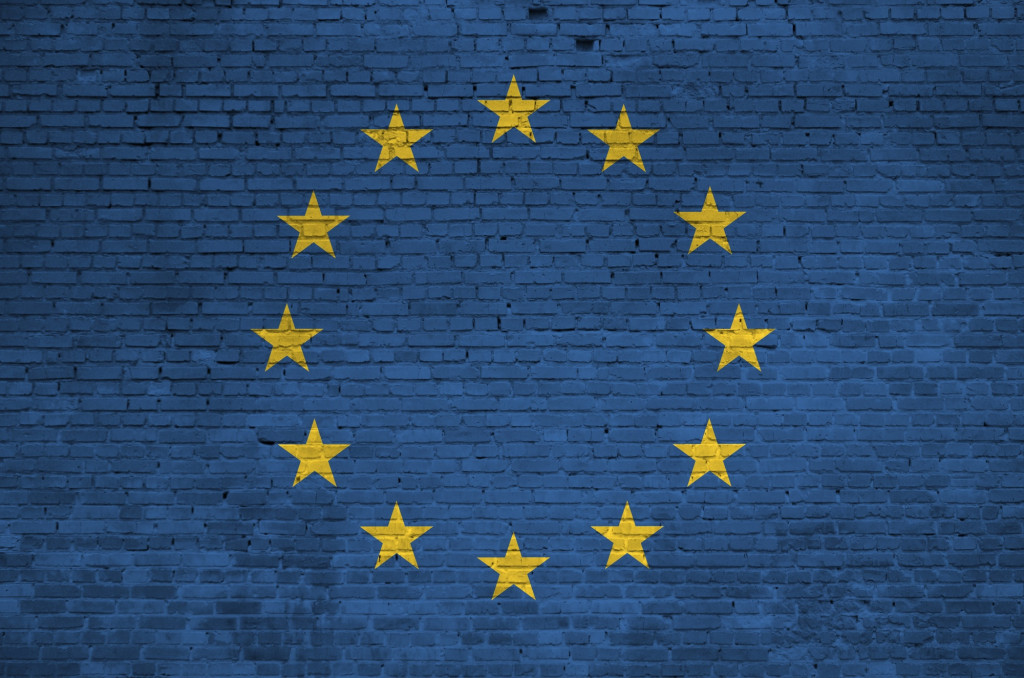Meta to suspend political and social issue ads in EU Ahead of New Transparency Rules
The EU’s Transparency and Targeting of Political Advertising (TTPA) regulation, which demands full disclosure of sponsors, ad spend and targeting, prompts Meta to halt political ad sales.

Meta Platforms, the parent company of Facebook and Instagram, has announced that it will temporarily stop selling and displaying political, electoral, and social issue advertisements in the European Union from early October 2025. The decision comes as the EU’s Transparency and Targeting of Political Advertising (TTPA) regulation is set to take full effect on 10 October.
The TTPA introduces some of the world’s strictest transparency obligations for political advertising. Under the new rules, online platforms must clearly label political ads, disclose who paid for them, specify the election or social issue they address, and explain how audiences were targeted. The regulation also places limits on targeting methods, requiring explicit user consent when personal or sensitive data is used to tailor political messages.
Meta described the new framework as presenting ‘significant operational challenges and legal uncertainties,’ arguing that some provisions are ‘unworkable” for both advertisers and platforms. The company said that personalised ads are widely used by civil society and advocacy groups to communicate about social issues and that restricting them could reduce public access to political information.
The move mirrors a similar decision by Google, which in 2024 suspended political advertising in the EU ahead of the same law’s implementation, citing comparable compliance concerns.
While Meta’s ban will cover all paid political, electoral, and issue-based ads, it will not affect organic political content. Users and organisations will still be able to post or share political opinions, discussions, and commentary on social media.
The Commission has emphasised that the TTPA is intended to make online political campaigning more transparent and to curb the misuse of data for voter manipulation. However, Meta’s move highlights ongoing tensions between tech companies and EU regulators over how to balance transparency with freedom of political communication in the digital space.


